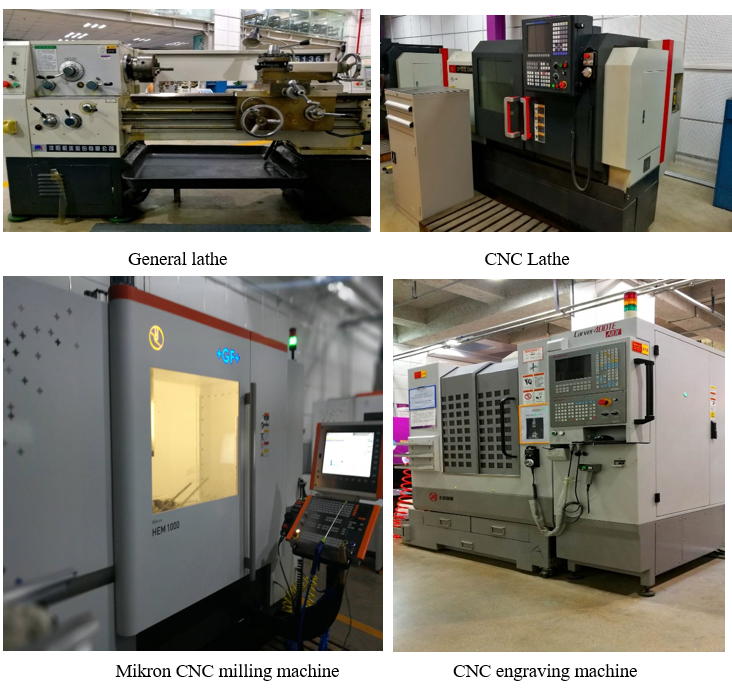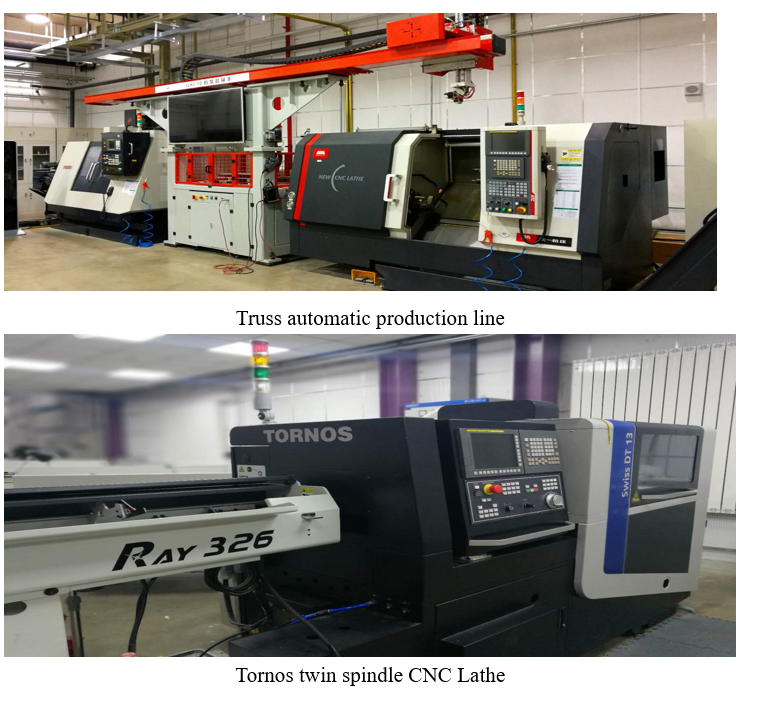The Mechanical Manufacturing Laboratory, formerly the Metal Cold Processing Laboratory, was established in 2015 and is now affiliated to the Fundamental Industry Training Center of Tsinghua University.
1. Positioning of Functions
The Mechanical Manufacturing Laboratory is an important part of the engineering practice education base and the innovation and entrepreneurship education base of the Fundamental Industry Training Center. Focusing on traditional and digital device technology, it undertakes practical teaching activities in engineering training and in innovation and entrepreneurship education for undergraduate students, conducts research on technical issues during mechanical manufacturing process and serves to facilitate the technical processing for scientific research of students from various faculties and supports various student competitions in science and technology. It leads the new reform in teaching and the curriculum orientation of mechanical engineering, focuses more on developing scientific theories based on the practical work and emphasize knowledge acquisition, the comprehensive use of knowledge in practical work and the capability to drive innovation.
2. Laboratory Components
The Mechanical Manufacturing Laboratory, with an area of about 1,260 square meters, is home to 130 sets of instruments and equipment, including 7 sets of large-scale instruments and equipment, each costing over RMB 500,000. The total asset value amounts to over RMB 10 million.
The Mechanical Manufacturing Laboratory has training rooms for general lathe, CNC lathe, general milling, CNC milling, truss, benchwork, woodwork and the service platform for innovation. Depending on the specialized areas, it stays committed to developing the practical training program for design activities as well as cultivating the creative thinking and training the practical skills so that students can spark creative ideas based on their knowledge of theories, demonstrate their feasibility from scientific perspective, as well as grasping the characteristics of materials and skillfully using equipment and tools. Students can leverage various methods and media to get familiar with the engineering techniques. In this way, the Laboratory aims at developing the experimental mind-set of students and the innovative thinking and applying the new engineering techniques and new teaching models in areas like engineering training, engineering culture, the innovation and entrepreneurship education, and so on.
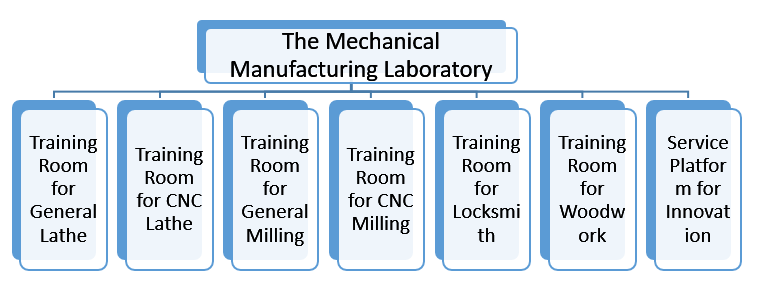
3. Laboratory Team
There are a total of 21 members in the laboratory, including 1 associate professor, 1 engineer, 1 assistant engineer, 1 senior technician, 2 technicians and 10 other technical team members.
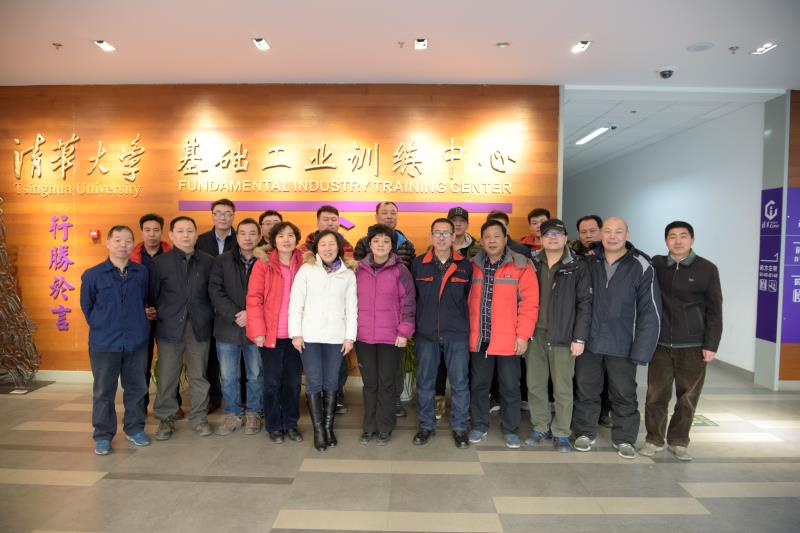
Members of the Mechanical Manufacturing Laboratory
4. Teaching Tasks
Each year, the laboratory undertakes the experiment tasks prescribed by the following courses: National Resource-Sharing Courses Mechanical Manufacturing Practice and Laboratory Science and Research, Cultural-Quality Core Courses including Manufacturing Engineering Experience and Manufacturing Engineering Practice and Mechanical Manufacturing and Design. Nearly 3,000 individuals conduct experiments at the lab each year. Currently, following the medium and long-term development plan for the Fundamental Industry Training Center, the Mechanical Manufacturing Laboratory has made breakthroughs and created innovations in fields such as practical teaching in engineering training and the education of innovation and entrepreneurship. It has made breakthroughs in curriculum upgrade, enhanced practical experience and cultivated student’s divergent thinking skills.
5. Achievements
Since 2000, more than 10 papers on teaching and research have been published and two invention patents have been granted by the state.
Students on-site practice
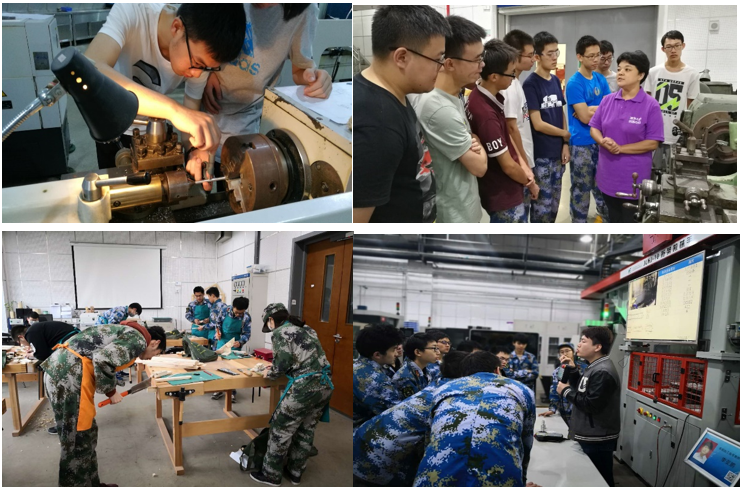
Laboratory equipment
